|
This morning I was in my church when one artist from the Art Academy showed up together with the sound engineer. They wanted to record some special organ effects for our experimental project "Living Organ". They needed complete silence so we had to wait a while and even ask for custodians not to work for a while. At first we recorded the two pipes that comprise the Timpani stop and its vibrations. Then I played a couple of chords and then turned off the blower and kept holding the chord. They wanted to record the disappearance of organ sound. When they left I recorded this effect on my own on C Major chord. Enjoy!
Comments
Yesterday evening, I was able to watch the program on Lithuanian national TV "Stories of Things", and from 35 minute mark the show was about the pipe organ.
On the screen you will see Professor Leopoldas Digrys and Renata Marcinkutė, organ restorer Rimantas Gucas and you can listen to pipe organs of Vilnius St Casimir's and VU St John's churches. At the end I was able to get on screen as well with @laputis when we practiced our organ duet. Our assistants were Audra Telksnytė and Eglė Rudokaitė. https://www.lrt.lt/mediateka/irasas/2000081012/instrumentas-orkestras-kodel-vargonams-reikia-veidrodzio?jwsource=cl
Vidas: Hi guys, this is Vidas.
Ausra: And Ausra. V: Let’s start episode 282 of Secrets of Organ Playing Podcast. This question was sent by Anders, and he wrote: Hi Vidas and Ausra! I´m following the information you give with great interest. I have been playing the piano for a while but I´m not very good at it, though I really love it and listening to great music, Classic as well as Jazz and Ragtime. In the last period I have started to think much about playing the organ and I've asked the local organist to give me lessons (lessons are free in the Swedish Church) and I hope lessons will start this autumn. I bought an old Electronic organ but am extremely disappointed since the sound is outright awful. It´s not what is called a Church organ, they´re much more expensive. I will throw my Electronic organ and buy some good instrument with a really good sound. The short answer to the questions are: 1.) My dream is to be able to play "well enough" on the organ some of my favorite music on a good pipe organ. This I wish to do in a Church where I can enjoy the fantastic and mysterious sound of the different voices of the pipes. 2.) What is stopping me is really nothing except: A.) The feeling that I have no time (I do have long working days and other commitments) B.) The feeling that my wife really doesn't enjoy listening to me repeating the difficult parts over and over again. Though she doesn't complain. C.) The lack of a good instrument. And these three things shouldn't stop me. I know and I´m working on it... Now I´ll explain what I mean by playing "well enough": It´s not at all necessary for me to dream of reaching a level of high professionalism, though I fully understand and wish to play with correctness and musicality. For me it´s better to listen to an amateur playing a simple piece very well instead of some half-professional doing a sloppy job on too complicated pieces. I think that for me it will be much more realistic to find, or even better, to be able to arrange the music so it will be simple but still beautiful and retaining the real spirit and essence of the pieces. For that I obviously will have to learn about music theory and learn to play chords and their inversions etc. Maybe not so impossible. For instance i have maybe 5-6 different versions of some piece of music ranging from the very simple to the very difficult. And it´s far from always the fastest version with most notes and difficult fingering that catches the essentials! Thank god for that. I have some rather simple pieces that are really beautiful if you perform them correct and with real spirit. My taste includes classical pieces such as "Poem" by Fibich, pieces by Grieg and Delius and some very nice pieces by Eric Satie. Some jazz pieces I wish to play are maybe not very well known but some are jazz standards. I especially point out some outstanding jazz recordings made by Fats Waller in 1927 on a Church pipe organ (Estey). There has not been any recordings of jazz organ to compare with before or after these few musical pearls, so rich in harmony and feeling. Of course I will never be able to play like Waller did, far from. But maybe be able to play some simplified and still beautiful version in a not too fast tempo. In my opinion speed is not often very important, many pieces win on being played slower but correctly giving time to listen to the music. As a rounding off I wish to say that I fully appreciate and try to apply the principles of slow playing in practice, repeating until I play without faults and learning a piece step by step. Actually I was smiling with remembrance when I read through your "Organ practice is a privilege". The reason is that I already knew about the principles since my last wife was a really good piano teacher (from St Petersburg). And she applied these rules. Before she died 6 years ago I was lucky to learn the importance of these rules, though I was never a very good pupil. And it was maybe not so easy to have the wife as a teacher (she was really serious). Best of Wishes, Anders from Sweden V: Wow, that’s a very long message that Anders wrote, and so thoughtful that I think we have a lot to talk about, right Ausra? A: Sure. And I think it’s very instructive. He sort of confirms our beliefs in learning slowly and practicing patiently. V: And a person like Anders, who wrote such a detailed detailed description of how he practices, what is his situation, how he feels his obstacles are means that he has a very deep level of self observance. Sort of, he analyzes his own actions and ideas, and he might become his own teacher. A: Yes, I think that’s wonderful features that he has. V: Because when people sometimes want to improve, but are not necessarily conscience of what they’re doing wrong, they just have this distant dream or goal in mind, like a horizon, and the days are passing by, they’re practicing without knowing if they are improving or not—without knowing if they’re going towards the goal or away from it. A: That’s true. V: Do you think that Anders will reach his goal faster than most of the other people we encountered? A: Probably yes, because this sort of a paradox line that often people who do not rush into things achieve their goal first. V: Exactly. You know, the feeling I got from reading his messages was that I’m reading a blog post or an article some place online from a personal blog about organ practice by an organist very conscience of his or her own efforts. Don’t you think that this kind of message should be posted, actually, on his own personal blog? A: Sure, of course! Definitely. I think then that people would benefit from reading a message like this. V: I’m not even thinking about many people, you know, I think he will personally benefit from thinking about his ideas and writing them down, and once he writes them down, he can practice much more efficiently. He can articulate other ideas as well. And you’re right, other people will enjoy listening and reading them, too. A: Yes, the thing that struck me in this letter was that Swedish church gives organ lessons for free. V: I didn’t understand fully…. A: This was a big surprise to me. I don’t think there is another country that could do this. But, who then is paying the organist for those lessons, the State? The church? V: Could be! If the church fully supports an organist, like a full time position, then maybe those organ lessons are included in his workload, maybe. I’m not sure if it is that situation. If it is, then it would a be fantastic situation for students. For organists, I don’t know if it’s fantastic or not, depending on what kind of salary they get from the State. But obviously, the Swedish church is not connected with the state anymore. It separated from the State. So the church has to be quite willing to support the organist and the lessons. A: But what would the organist have to do if there would be 5 or 10 people who suddenly decide to learn to play the organ, and he or she would still have to teach them all? V: Maybe they have a maximum or minimum number of people to teach. A: But that’s an interesting thing we need to ask our friend from Sweden, Göran tomorrow. V: Yes, maybe we didn’t understand something from this message correctly. We’ll have to double check. A: Another thing I found amusing is about his wife, that she doesn’t complain about his practicing hard spots over and over again. In any case, you could give your wife earplugs as a present, that she wouldn’t have to listen to your practice at all if she doesn’t like it! V: Or, if it’s an electronic organ you’re practicing on, you could practice with earphones, too. A: Yes, anyway, but I think it’s funny. V: Ausra, when I’m practicing my spots over and over again, how do you feel? A: Well, that’s fine, because I know what you are going through, so it doesn’t bother me. V: It takes an organist to understand an organist. A: And actually, I like when you practice. V: I love it, too. One of my favorite moments of the day these past few weeks have been when we go to the first floor where our organ is located, and you sit down first thing in the morning and you practice your Chorale Fantasia “An Wasserflüssen Babylon” by Johann Adam Reincken. And those 21 minutes are some of my favorites in the day. A: Good to know. V: Yours, too, right? A: Yes, that’s right. It’s a pretty Fantasy. Well, what about those arrangements, because Anders mentioned that he wanted to play some arrangements for organ and not necessarily do they need to be hard—do you agree that different music would be performed on the organ, let’s say not original organ music. V: Mhm, sure! It could be. We’re performing vocal motets, right? It’s not original, we add some diminutions and flourishes in passages, and it sounds much better on the organ that way. So, it’s been a widespread practice to perform an arrangement—other music, instrumental music, and vocal music, and even symphonic music on the organ, too! A: Yes, and if you take any collection of, let’s say, wedding music or Christmas music, you will find a huge variety of arrangements and transcriptions for organ. And they vary in difficulty. You can find really easy ones, and you can find quite hard ones, too. V: Right. A: Let’s take, for example, such a popular piece as Hallelujah from Handel’s Messiah. You can find so many transcriptions for organ. V: Right. I think the easiest thing to play for organ is just two outer voices; soprano and the bass with two hands, if they are just starting out. So, maybe Anders can do that. If he wants to create a little more advanced version, then a third middle part must be entered, maybe with pedals playing the bass line, then. Trio texture, right? A: Sure. And you know what I actually like the most about Anders’s letter? That he understands that it’s better to pick up an easy piece, and to play it very well, than to take too hard of a piece and to play it sloppy. I think this is the basic rule. V: Mhm, that’s quite a mature feeling he has, right? Even though he can’t play maybe very advanced versions, yet, very well, but he has a good taste. That’s helpful. A: Do you remember we had such a studio member back in Nebraska at Lincoln? The guy was a big fan of American football, and he always wanted to play grand pieces. And he could not do them at that time. It was not in his ability, not in his capability to do it. But he wanted to play like fantasies by Reger and all that other hard stuff. And I just don’t know how Dr. Faulkner and Dr. Ritchie handled him. But, I think then he stopped taking organ anymore. V: You know, when you practice too advanced pieces for a while, and your professors say that you are not playing well enough, obviously, on these particular pieces, you get discouraged, simply, right, and you quit. Or you switch to the easier repertoire if you’re wise enough. A: True. V: So, to end this conversation, I think let’s wish Anders to acquire a different organ, maybe a better organ, better solution for his home, and start doing those organ arrangements, right? Practice to the best of his ability. A: Yes, and let us know how your progress is doing! V: Wonderful. Thank you guys for sending these wonderful questions, and anyone who’s so detailed as Anders would really think, at least try to put those ideas online, maybe not on your own blog, but maybe on a social media channel. Right? That will be very beneficial for everyone who is writing and reading as well. Thanks guys, this was Vidas, A: And Ausra, V: And remember, when you practice, A: Miracles happen.
This blog/podcast is supported by Total Organist - the most comprehensive organ training program online. It has hundreds of courses, coaching and practice materials for every area of organ playing, thousands of instructional videos and PDF's. You will NOT find more value anywhere else online...
Total Organist helps you to master any piece, perfect your technique, develop your sight-reading skills, and improvise or compose your own music and much much more... Sign up and begin your training today. And of course, you will get the 1st month free too. You can cancel anytime. Join 80+ other Total Organist students here By Vidas Pinkevicius (get free updates of new posts here) As you may have read my recent post, there are at least 18 things you can do to introduce children to pipe organ. Ken, Andreas and Irineo had interesting and valuable ideas for children and pipe organ. I'm re-posting their comments (in italics) to make this additional resource full of ideas (thank you all for your generosity of sharing ideas). Hi Vidas: Love your article. But you're way to progressive for churches, and least here in US. When I was young, we weren't allowed anywhere near the organ console, let alone the organ chambers. Adults in charge think it is their own private BMW or something similar, only adults can play it, and children will just wreck it if they get near it. Most smaller churches here in US only have electronic organs anyway, and organists who are untrained, are poorly paid because there is no money. And most think it is a big piano. It wasn't until I was in college in Rochester, NY at Rochester Institute of Technology, that I heard a real pipe organ, and eventually was allowed to play one. I was piano accompanist for my large high school choir, and had been playing since 3rd grade. Didn't matter much, at home. Sorry if this reply is a bit disorganized or confused, but I think you get the idea. The actually story is just too long. Keep up the good work. All the best, Ken Barta I think it's very important for adults be generous and let the children see the organ, touch it, play (with adult supervision, of course). Otherwise the idea of pipe organ will not be accessible to them and they will miss out on the joy it provides. Here's what Andreas wrote and warned against putting lead pipes into mouth: 1 Let them visit an organ builder facility, if not too far away. It must have been 83 or 84, perhaps 85, when our music teacher in high school organized a voluntary visit to the Schuke organ facility in Berlin (Zehlendorf). Not mandatory, but some small extra credit. You probably know the name Schuke. 2 Ask an organ builder for scrap. I bought my pedalboard and bench from an organ builder in Western Ohio that was managing an organ of a church that went bankrupt. The bench has some hollow space in it, and I was paying for shipping by volume and not by weight, I asked him if he could put some scrap pipes in it. And he did, at no extra charge, they'd have to throw them away anyway. I now have a lead pipe, a wood pipe, and a metal reed pipe. That can be fun for kids, but perhaps put some plastic or tape over the mouthpiece, as lead is poisonous. That's why I would be careful with your comment to blow a pipe, because most beginners playing the flute / recorder SUCK at the mouthpiece, some even lick it. You are supposed to "fold" your lips a bit and always keep the outer part dry and touch the mouthpiece ONLY with the dry outer lips. Never inside, never tongue -- although you use the tip of the tongue for some staccato. Don't do that with an organ pipe, the inner lips or tongue should NEVER touch the lead. Many Roman emperors died from lead poisoning, as they drank too much wine with their metal cups, not knowing yet that lead is poisonous. We are now able to ascribe many emperor deaths to lead poisoning. 3 let them watch some tubes. There is one that shows how organ pipes are made: they have a mold, and they pour liquid lead over it, let it cool, then bend it and cut it ... and you can re-use the cut-offs, as you can put them back in the melting pot ... a lot of really cool stuff on YT. Then perhaps also include that some wood pipes may have a metal mouthpiece, or "overlay". Maybe that's not lead, I can't tell which metal it is. But the woodpipe I have has a small metal piece at the mouthpiece, so that could be touched by lips or tongues of a child. The best would be to make some small adapter from plastic, or perhaps a straw? Let me experiment with that. I'm sure you could find some straw or plastic flex tubing to put over the mouthpiece, so you can blow through it without touching it with lips/mouth/tongue. bamboo? coffee filter? Let me look for something, I have five junk boxes. As you can see, my wood pipe has a metal tip. Everyone has some junk in the household. Although I don't know which metal that is, perhaps not lead, you're safe with:
1 some plastic flex tubing. I have a vacuum pump to seal food plastic bags. It has an auxiliary suction outlet, and you can take that -- it even has a pip that fits directly into the pipe's mouth piece. 2 a plastic cover from a Glade scented air container. Cut off the tip with a scissors, and fit the round opening over the mouthpiece. 3 at worst, use a toilet paper roll :) In the end, you can simply take the metal piece out (pull, screw, ...), saw it off, or just break it off. The wood pipe is long enough, and it's scrap anyway. You can show kids stuff like this: https://www.youtube.com/watch?v=LpfPg3_RxLA https://www.youtube.com/watch?v=UV2T3wAvNnU (explains why the sound depends on using lead and tin) https://www.youtube.com/watch?v=VnWqwncGhoo https://www.youtube.com/watch?v=_p7gYnIdT2s https://www.youtube.com/watch?v=1exgR9uuuN4 From that you could go into physics, math, or show comparisons: a flute/recorder is similar, in that people use their fingers to "close" the pipe to create different notes. Or the children's slide whistle, which is basically like gedackt organ pipe. Andreas Lauschke I especially like Irineo's idea to take children into organ chambers while it's being played. I might try this myself in the future but I do have to be careful about dusty environment and falling down from 2nd or 3rd levels of the organ: Watch and listen to a professional organist play an easy/catchy tune at the organ. It shall make it easier for children to memorize the sounds they hear. For instance the Pastorale in F major BWV 590, being as sweet/soft/gentle as it is. Listen to a professional organist improvise a sweet tune using some soft flue stops, like the Holzprinzipal or Unda Maris. Take a few children inside the organ case while a tune is being played. It's both an acoustical as well as visual experience. Just my 2 cents, maestro. Greetings as usual. Very truly yours, Irineo Thank you, my friends for so many great insights you so generously share with our little community of organists around the world. I just hope people will be inspired to try some of them in real world situation. By Vidas Pinkevicius (get free updates of new posts here)
The other day I had an inspiring podcast interview with Lydia Vroegindeweij from OrgelKids and Erin Scheessele from OrgelKids USA (look forward to this transatlantic conversation on February 26). Afterwards I thought about various ways to introduce pipe organ to children. Here are at least 18 possibilities: 1. Let them see the organ 2. Let them see the inside 3. Let them hear the organ 4. Let them play the organ 5. Let them assemble the organ 6. Let them blow the pipes and make music 7. Let them draw the organ 8. Let them treat the bellows 9. Let them tune the organ 10. Let them conduct the music being played on the organ 11. Let them make an organ pipe 12. Let them dance to the organ music 13. Let them count the pipes 14. Let them fix ciphers 15. Let them turn pages 16. Let them draw stops 17. Let them sing to the organ hymn/songs 18. Let them lie on their backs on the floor to hear the rumble of the organ So if you want to take some action and create really unforgettable experiences for children, call the music teacher at your local school and offer to take the class of 8-11 year-old kids (or older) to the organ of your choosing (if you aren't a church organist, you'll have to ask local church organist first). Did I miss something? What else would you do with children at the organ? By Vidas Pinkevicius
I like how young organists are all excited about their future career. All hopes are up. You can become whoever you want: church organist, concert organist, or organist at the captain's Nemo submarine "the Nautilus". There are people who want to play cathedral organs, organs in the capital of every country, bamboo organs, paper organs, water organs, theater organs, the oldest organs, or the largest organs. But I haven't met an organist whose dream was to play the smallest organ. That would be nice. I'm not talking about an organ with just a single stop. That's too big. How about an instrument with only two octaves of pipes, or just one octave? There are smaller still - for our wedding one of our friends made us a two-pipe organ. You can pump it with a clyster pump. What would you play on it? Cuckoo songs, Beethoven Fifth or the Bach Toccata. That's right. You could become world's foremost expert of the opening of Bach's D minor Toccata! Pop music takes over classical music. We see it everywhere. On TV, on the radio, on the web. And after the Baroque era, organ culture was never a big trend in the classical music world. Symphonic music and opera takes most of mass media attention nowadays. And now the role of religion is diminishing in the Western world. It's not uncommon for churches to go out of business and transfer their inventories (including pipe organs) overseas where the religion is still strong. The good news is the Internet and technology. It allows us to connect like-minded people easier than ever before. Because of this, the idea of organ art can spread. Another good news is that there is no longer only one mass media. Everyone has a full-blown video studio in their pockets now. And everyone can choose to have a channel to spread ideas worth spreading. Will the organ art survive this century? Every day I'm doing at least one thing to make sure it will. Are you? Ausra's Harmony Exercise: Modulation from G Major to E Minor: I-V65-I=III-iv-II65+-I64-V-V7/6-i-iv64-i If you want to attract new audiences to the pipe organ, start small, something you can do with little time and for free: Go to a school in your area, meet some teachers, maybe a music teacher and get acquainted with them. Then tell them you can take kids to the pipe organ in the church nearby. If you are not an organist of that church, go ahead and meet the real organist and tell your plan to him/her (that you want to demonstrate this instrument to school children). Most organists who are conscious of the state of their profession worldwide will agree to let you play for 30 to 60 minutes (those who are not conscious, well, you don't need them anyway). And you don't have to be a virtuoso to demonstrate the organ. You can improvise, play some familiar tunes, hymns, songs that the kids would know and enjoy. The single most important element of your demonstration should be storytelling. You should tell stories about the organ, its construction to the kids that would resonate with them. Open up organ panels, show the pipes and bellows and organ mechanisms. People of all ages love that tech stuff. Make the demonstration less about you but more about them. Let them touch the keys and pedals, even play, if they can. Let them play especially, if they can't! And don't forget to take pictures. Lots of them. In fact make a video or two of your event. Put them online and watch them spread. Not every demonstration will be equally successful but if you learn from your mistakes, adapt your stories to certain age groups and improvise, little by little you might have the impact you seek on a new generation of organists. [Thanks to Djuvaldric] Ausra's Harmony Exercise: Practice the full perfect cadence in E major. The chords: I-V6-I-N6-I64-V-V7-I (see video example below). |
DON'T MISS A THING! FREE UPDATES BY EMAIL.Thank you!You have successfully joined our subscriber list.  Photo by Edgaras Kurauskas Photo by Edgaras Kurauskas
Authors
Drs. Vidas Pinkevicius and Ausra Motuzaite-Pinkeviciene Organists of Vilnius University , creators of Secrets of Organ Playing. Our Hauptwerk Setup:
Categories
All
Archives
July 2024
|
This site participates in the Amazon, Thomann and other affiliate programs, the proceeds of which keep it free for anyone to read.
Copyright © 2011-2024 by Vidas Pinkevicius and Ausra Motuzaite-Pinkeviciene.
Terms of Service and Privacy Policy
Copyright © 2011-2024 by Vidas Pinkevicius and Ausra Motuzaite-Pinkeviciene.
Terms of Service and Privacy Policy

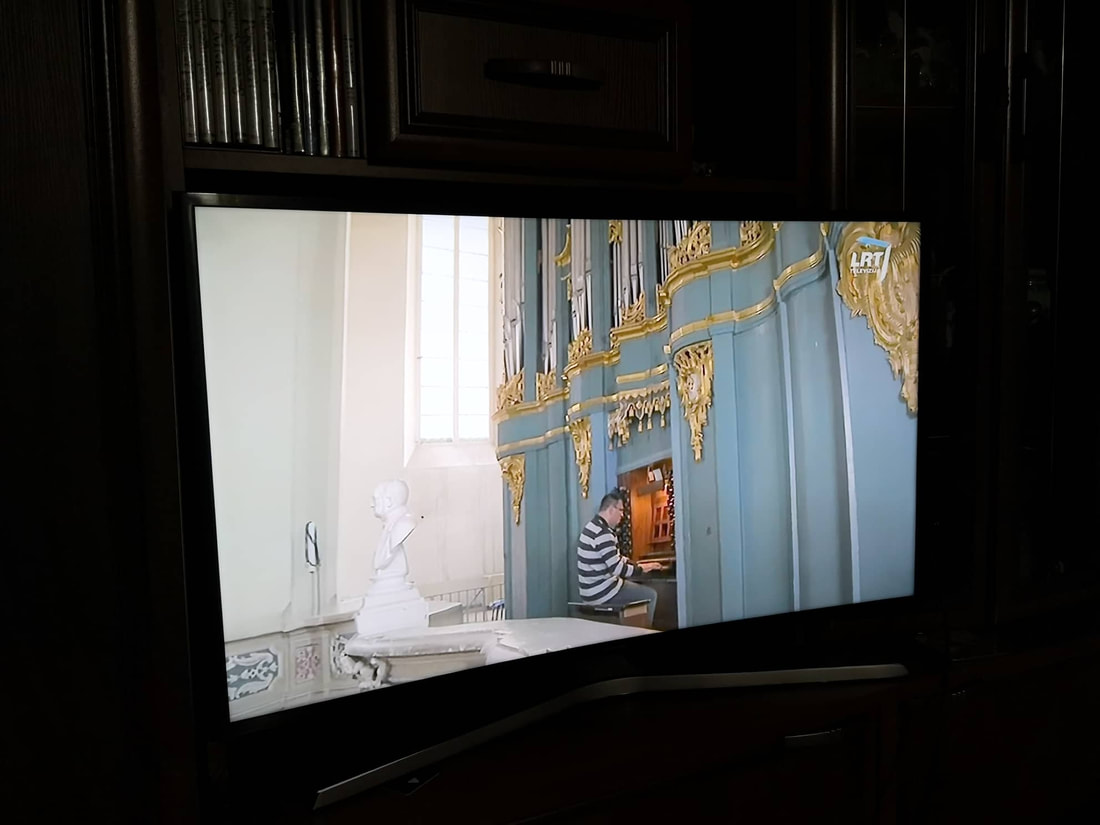
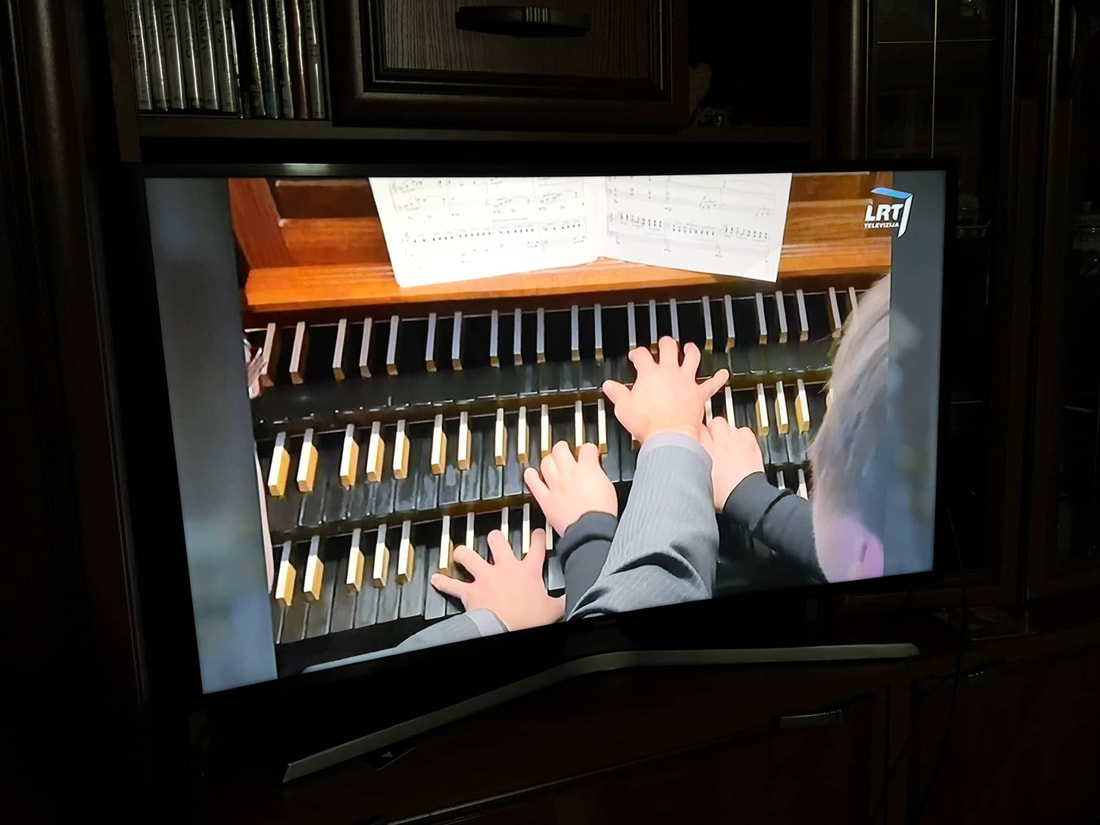
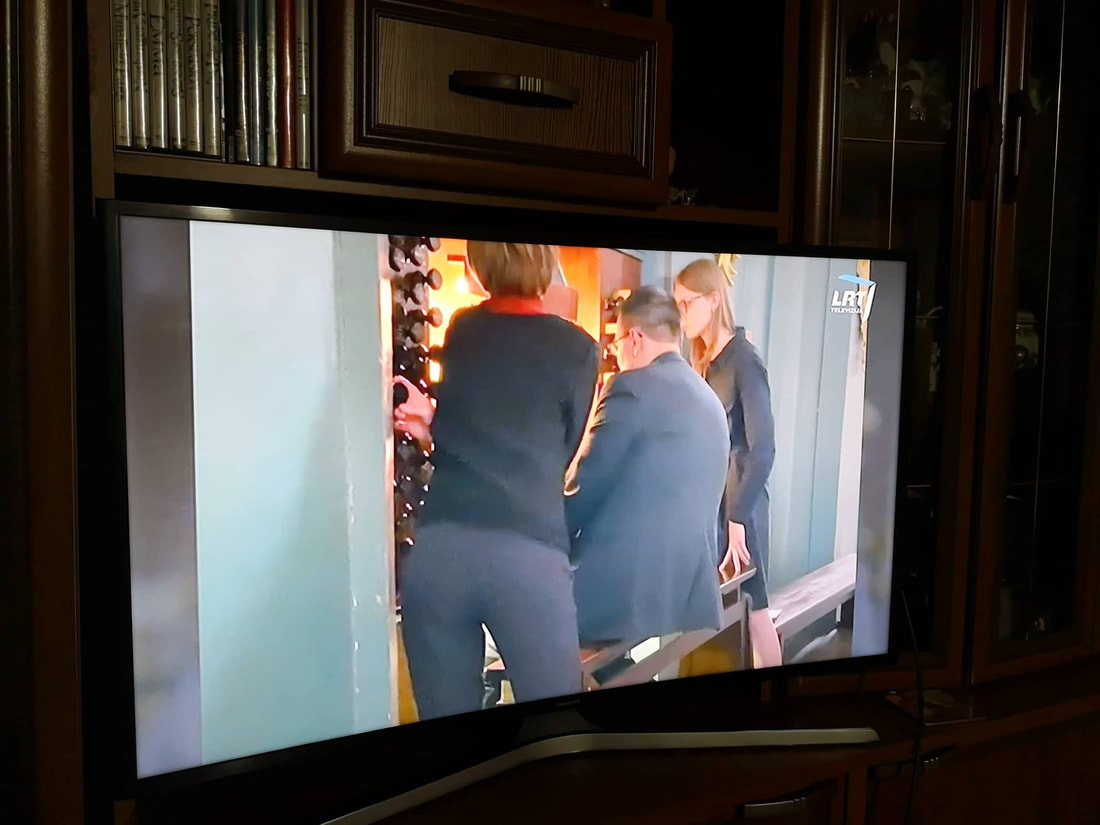
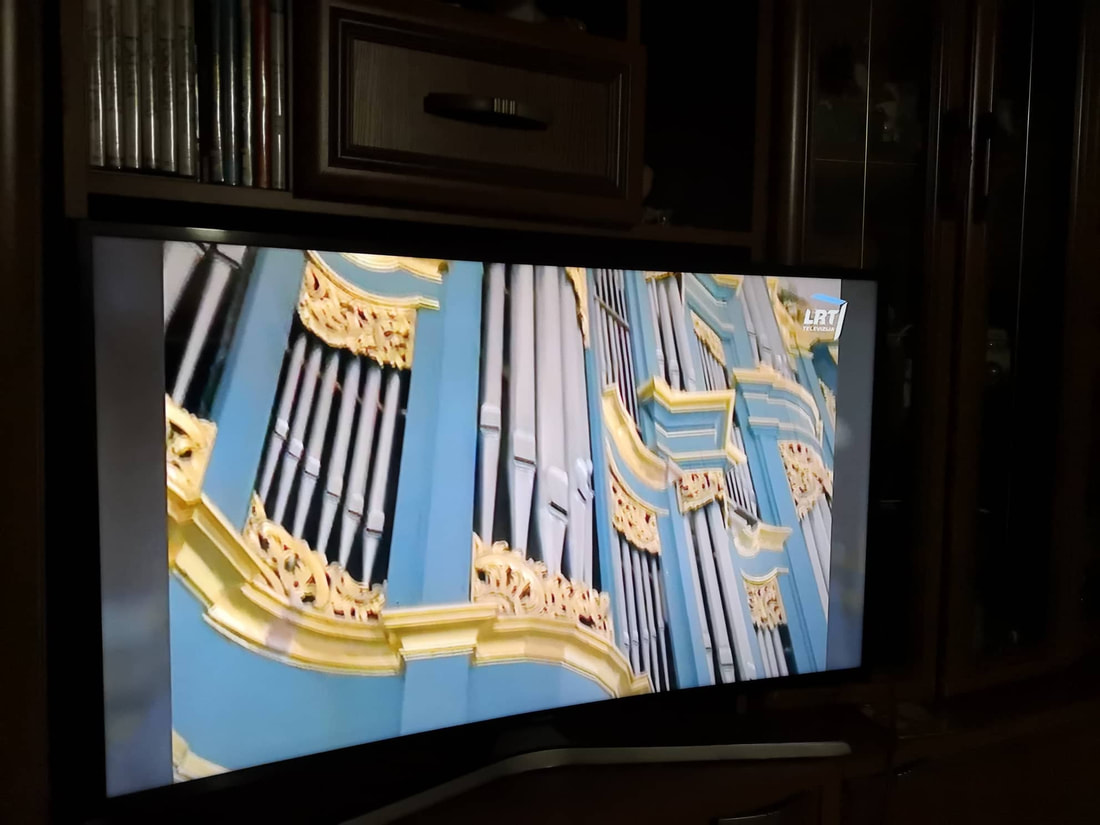
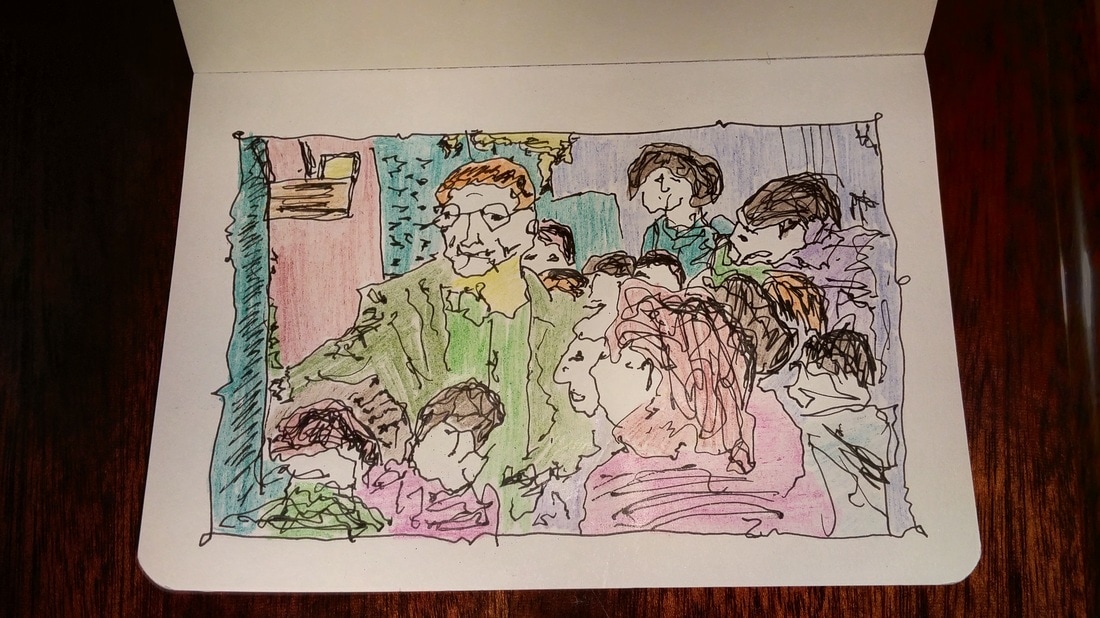
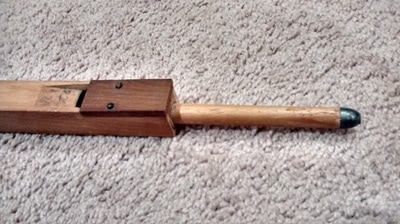
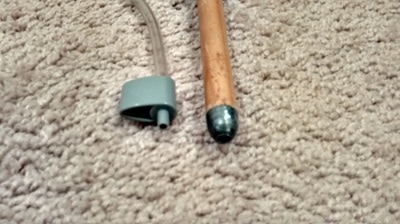
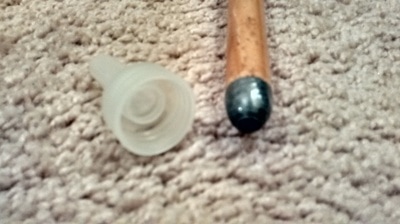
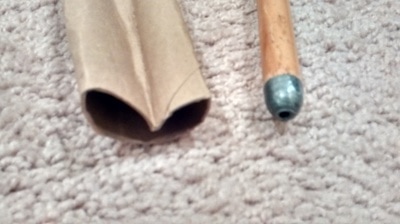
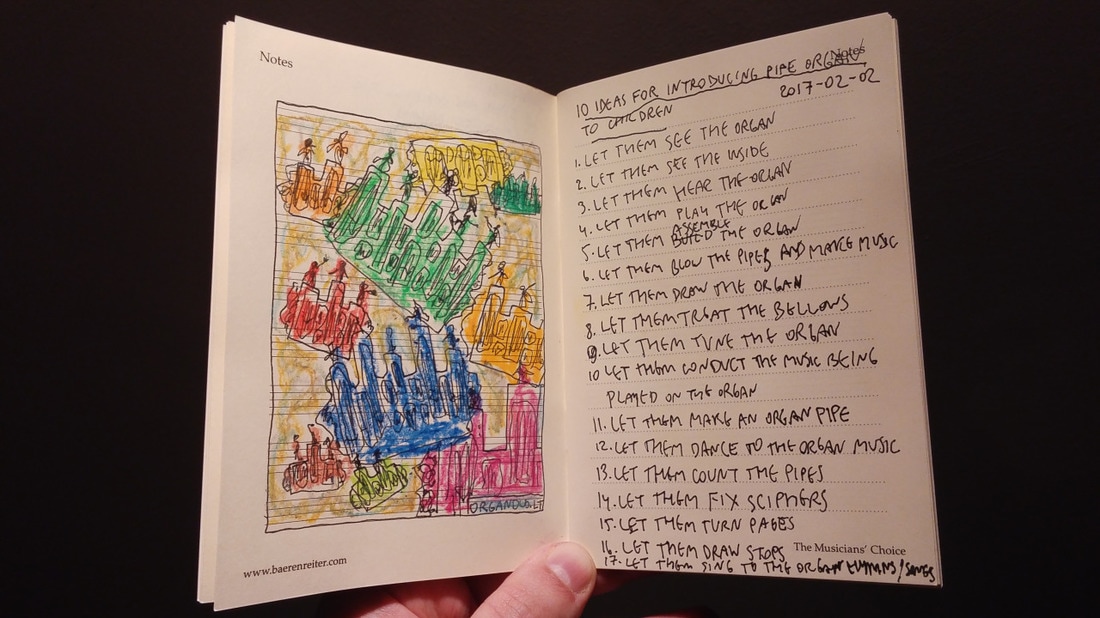
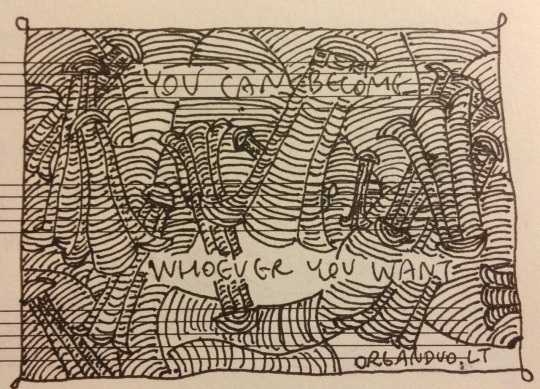
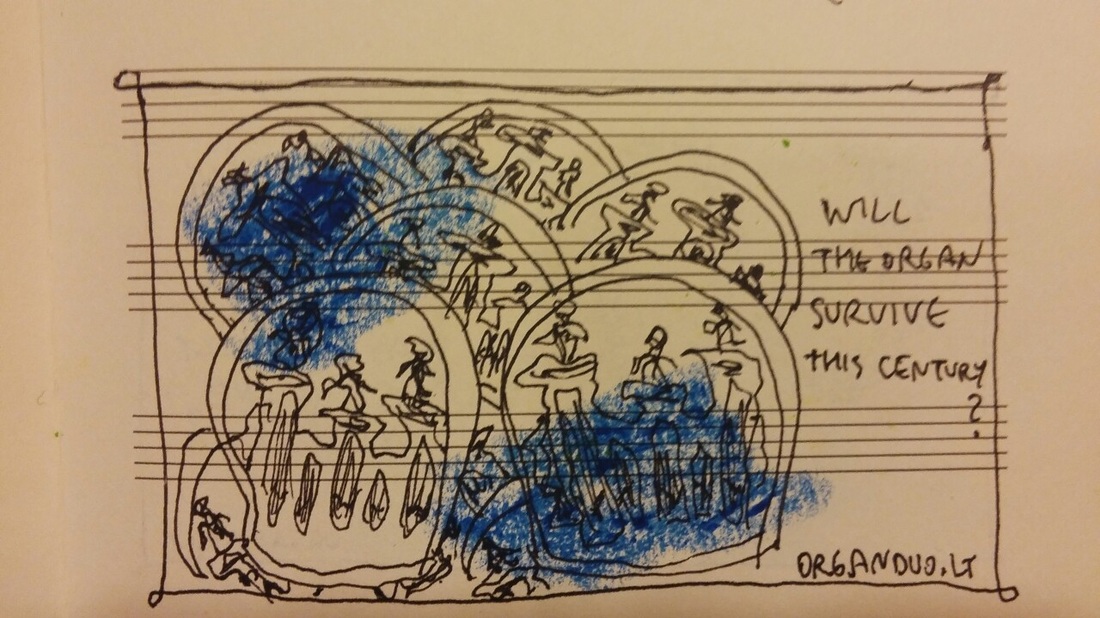
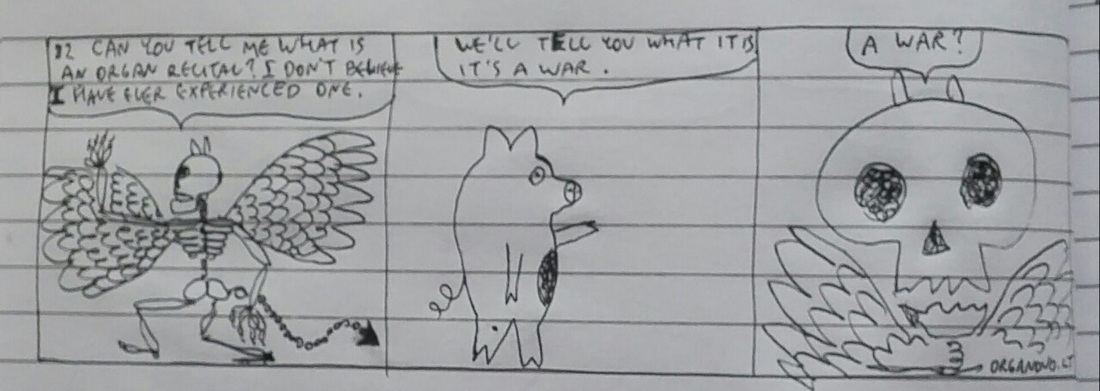




 RSS Feed
RSS Feed